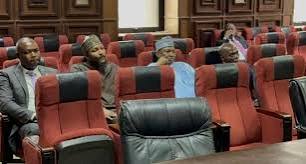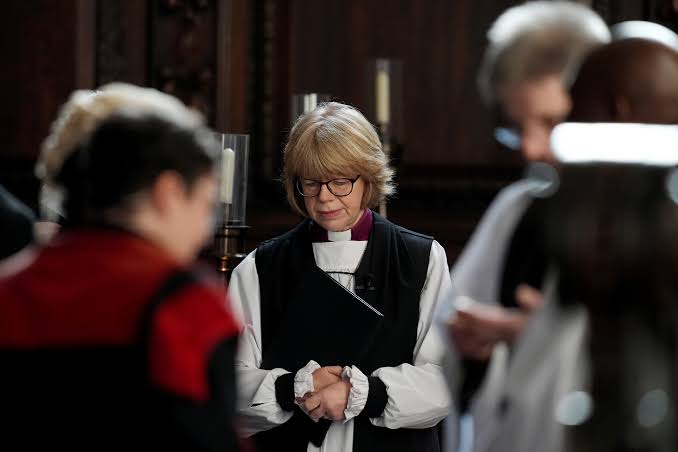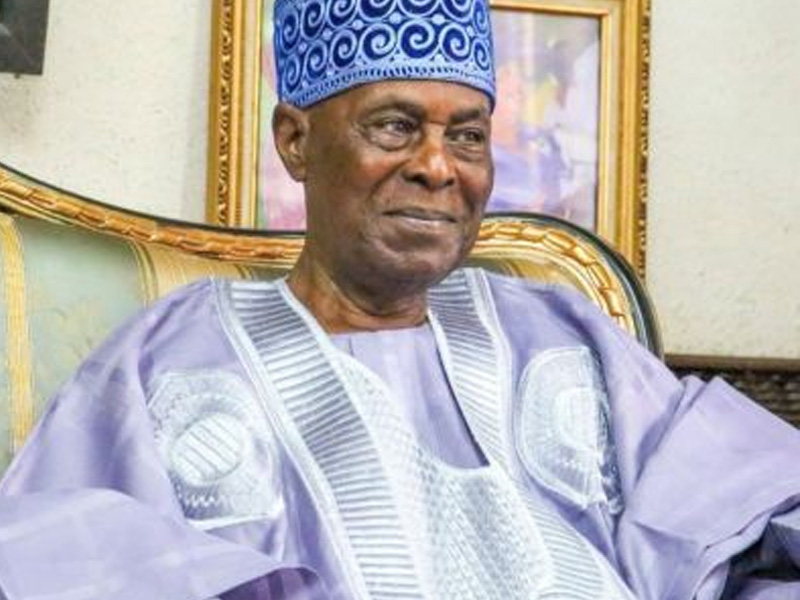Alhaji Yahaya Bello, the immediate past governor of Kogi State, has written to Justice John Tsoho, the Chief Judge of the Federal High Court, requesting a trial in Kogi State.
Mr. Abdulwahab Mohammed (SAN), leading Bello’s legal team, argued in a letter that the Lokoja Division of the Federal High Court has exclusive territorial jurisdiction to hear the case the Economic and Financial Crimes Commission (EFCC) filed against him.
Persecondnews reports that Bello did not appear in the Abuja Court on Thursday to respond to the charges brought against him.
However, Bello’s lawyer, Mr. Adeola Adedipe (SAN), appeared in court and brought up a letter his client, Bello, had written to the Chief Judge on June 22, 2024.
Addressing the court after the case was called, Adedipe said: “My lord, after the proceedings of the last adjourned date, I went back and gave a report of what happened in court to our team.
“However, I was made to understand that a letter had been written on behalf of the defendant to the honourable Chief Judge of the Federal High Court requesting, in substance, that this matter be administratively transferred to the Federal High Court, Lokoja Judicial Division, which we believe has territorial jurisdiction to handle this matter.
“That letter was received at the Chief Judge’s Chambers, and the office of the honourable CJ wrote the prosecution team through Mr. Iseoluwa Rotimi Oyedepo, SAN, on June 13, notifying him that administrative steps have been activated, and he was directed to provide a response to the request for transfer of the matter.
“My lord, as of this morning, I am not aware whether there has been a response by the prosecution team in compliance to the directive of the CJ.
“We are also not in receipt of any decision that has been made on this request by the CJ. I am also aware that this administrative directive of the CJ has been formally communicated to this court.
“We have filed an affidavit wherein we attached two documents referencing the details that I have just highlighted. My duty is first to the court. As of the moment, I am not urging anything from the court, but just to present the facts as they were.”
The EFCC, through its counsel, Kemi Pinheiro, SAN, requested that the court hold the defence lawyer accountable for failing to produce the defendant in court, despite a prior commitment made on June 13 to ensure the defendant’s presence for arraignment, and demanded an explanation for the defendant’s absence.
He prayed the court to dismiss “the story of the defence lawyer as dilatory and a further attempt to treat this court with scorn.”
Pinheiro contended that the letter to the Chief Judge did not absolve the defence team of their obligation to produce the defendant in court, as previously undertaken.
Additionally, Pinheiro argued that even if a complaint is filed against a judge with the National Judicial Council (NJC), it does not automatically stay proceedings in cases currently before the judge, and therefore, the trial should proceed.
As a result, Pinheiro requested that the court summon Bello’s two senior attorneys to defend their client’s lack of production.
Bello, who served as Governor of Kogi State for eight years, is facing charges related to alleged money laundering, breach of trust, and misappropriation of public funds totaling approximately N80.2 billion.
EFCC alleged that the former governor, alongside his nephew Ali Bello and two others, Dauda Suleiman and Abdulsalam Hudu, were complicit in money laundering.
Despite previously failing to appear in court for his arraignment, Bello has now instructed his lawyers to file an application to vacate the arrest warrant issued against him on April 17 and challenge the court’s jurisdiction to try him.
He claims that the EFCC acted in contempt of an existing judgment from a Kogi State High Court by bringing charges against him and obtaining a bench warrant for his arrest, and he is seeking to have the warrant set aside and the charges dismissed.
On May 10, the court ruled against vacating the arrest warrant but offered Bello a chance to voluntarily surrender himself for arraignment, effectively allowing him to avoid enforcement of the warrant if he chose to appear before the court.






































Leave a comment